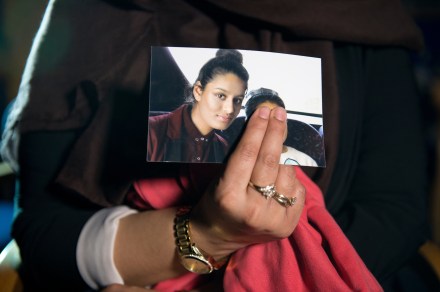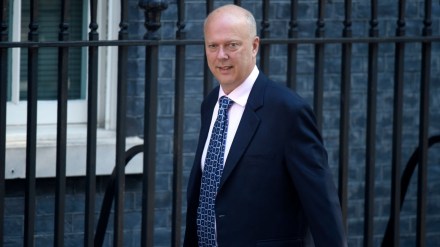Watch: Shamima Begum begs for forgiveness on breakfast TV
It’s amazing what the collapse of a caliphate will do to a girl. Shamima Begum popped up on GMB this morning sporting a Nike baseball cap, pink nail varnish and a sleeveless top to ask the British public for forgiveness. The former London schoolgirl who ran away to Syria in 2015 has spent the past two years, err, trying to get back into the UK after it turned out that life in the Islamic State was not quite the land of milk and honey she envisaged. Begum told hosts Susanna Reid and Richard Madeley that she had no idea that Isis was a death cult, stating baldly that: ‘I thought it was an Islamic community’ before adding ‘I











